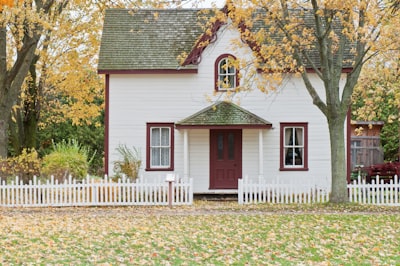The investment in a second home is a fantastic one. It means having another place to retreat after a long week at work. It may be the perfect place on the lake or another rural location outside of the bustle of the city. When you invest in a second home, you need to buy home insurance for it. Yet, it is also important for you to buy the right type of coverage to protect your investment. Here’s some insight into what you need to consider about second home insurance policies. 
Does Your Existing Policy Cover Your Second Home?
If you do not tell your home insurance agent about your second home, no policy will cover it. That is, you need to work with your home insurance agent to update any policy you have whenever there is a change to your ownership or living arrangements. For this reason, if you buy a new home, it is important for you to purchase coverage for that property.
In some situations, your existing policy can have updates made to it. Those updates may make it possible for you to include the new home in the existing policy. This will likely increase the coverage amount and the premium. How much it increases these depends on a number of different things. Your agent will work with you to update your policy effectively though.
Keep in mind, a variety of laws and lender requirements might dictate how you have to insure the second property. Therefore, never assume you can simply add coverage to your existing policy.
What Makes a Second Home Different?
It is also possible to purchase a whole new home insurance policy for your second home. When you do so, you will need to let your home insurance company know that the policy is for a second home. You also need to let the agent know how often you plan to live in that home.
If it is infrequently, for example, only a few times a month, it is essential that your agent know this. You do not want the company to find out that the home is vacant, even temporarily. That could cause you to lose coverage on the property.
Be sure to provide as much information as possible to your home insurance company. Learn about your home’s coverage needs based on area risks and value. Then, consider bundling both the new and existing policies together to save more money. Having one package with two homes tends to be the least expensive route to take when purchasing additional coverage like this.